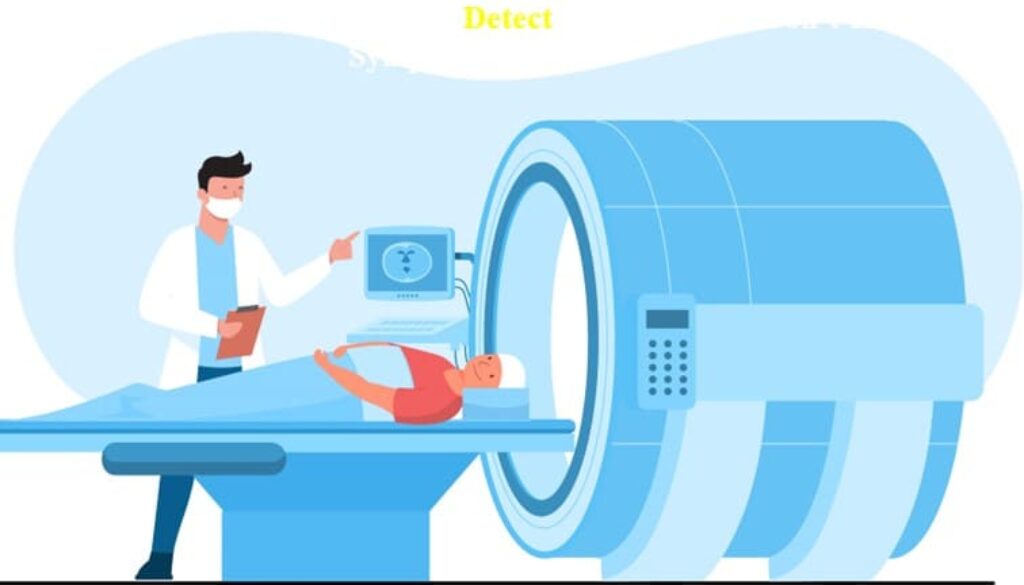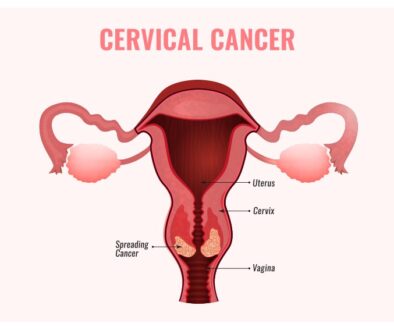Should I Get Tested for Cancer?
Should I get tested for cancer?
It is one of the most intriguing questions many women face. When this question pops up in their minds, they have mixed feelings and unknown fear. Let us try to understand what best a woman should do.
Persistent and worrisome symptoms – Those who experience any unusual, worrisome, and persistent symptoms must consult a specialist doctor to rule out any underlying serious health issue including cancer.
Early diagnosis of cancer is key to exceptional prognosis, management, and treatment of life-threatening cancers.
The typical signs and symptoms associated with cancer – such as fatigue, weight loss, changes in the skin, and persistent cough often go unnoticed by many people.
If a person receives treatment early after an early diagnosis of cancer then the success of effective treatment increases manifolds.
Warning signs of Cancer in women
Breast, ovarian, cervical, and uterine Cancers are specific to or common in women. The warning signs of cancer in women include:
Breast Cancer
Changes in the size or shape of the breast
A lump in the breast with or without pain
Tenderness of the breast skin or nipple
Swelling and redness in the breast
Puckering or dimpling and scaling of the breast skin or nipple.
Unusual nipple discharge
Women should talk to their lady breast oncologist if they notice any changes in their breast – size, shape, look, and feel. Women around 40 years of age and older should talk to their lady breast surgeons regarding breast cancer screening.
Warning signs of cervical or endometrial cancer
Irregular vaginal bleeding may indicate cervical or endometrial cancer. Women who have regular periods and who experience spotting or vaginal bleeding outside their normal menstrual cycle should consult their lady gynecologic oncologist.
Post-menopausal women should also consider seeking medical attention if they notice any vaginal bleeding.
Does spotting indicate cancer?
Spotting doesn’t always indicate cancer. Stress, hormonal problems, birth control pills, and other chronic medical conditions can also cause spotting.
However, you should seek immediate medical help if you are experiencing spotting with muscle aches, fatigue, dizziness, pelvic or abdominal pain, heavy bleeding, and fever.
Bottom Line
Women with a family history of breast and ovarian cancer should get tested according to the recommendation of their oncologists. Experts recommend breast cancer screening and genetic counseling to such women. Being a woman increases the risk of cervical, ovarian, and breast cancer after a certain age. If you still have this question: “should I get tested for cancer” then meet me.




